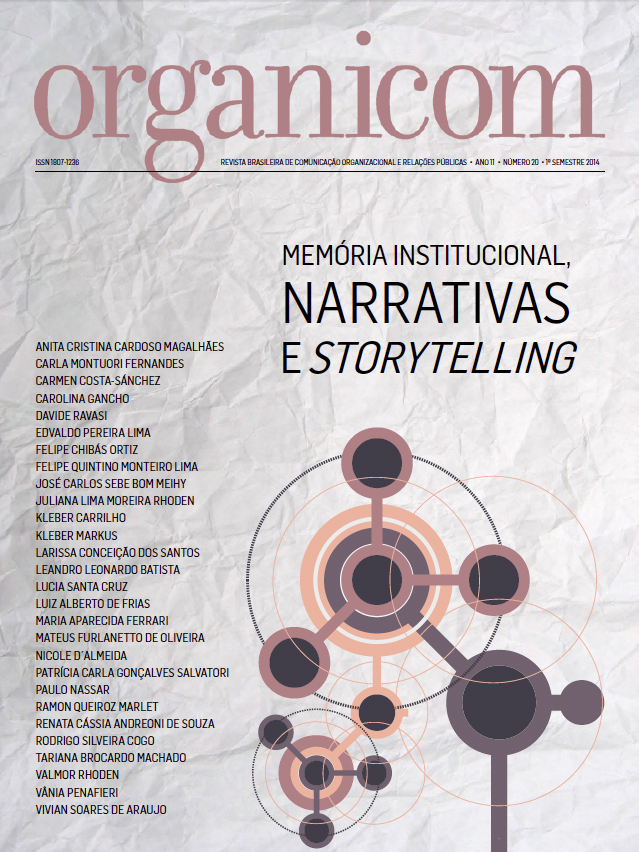Conflicts and cultural barriers for communication: an empirical survey in multicultural environments
DOI:
https://doi.org/10.11606/issn.2238-2593.organicom.2014.139230Keywords:
Communication management. Cultural barriers to communication. Cultural conflicts. International public relations.Human resources management.Abstract
This article describes the empirical survey of the cultural barriers for communication conducted in four hotel chains of different origins that are established in Brazil (North-American, French, Mexican and Brazilian). In it one aims at verifying how the local cultural values, reflected in the specific organizational values of each country, have fundamental influence on the profile of the cultural barriers to communication. In the work one defines the cultural barriers to communication, differentiating them from other types of barriers. This study is included in the efforts to develop a comparative survey of international public relations. The case study method was used. The results obtained point towards the influence of the national and organizational values on the profile of the cultural barriers to communication and on the way of resolving conflicts.
Downloads
Downloads
Published
Issue
Section
License
A submissão implica a cessão de direitos da primeira publicação à revista Organicom, sem pagamento. Os autores podem estabelecer por separado acordos adicionais para a distribuição não exclusiva de versão da obra publicada na revista (como colocar em um repositório institucional ou publicar um livro), com o devido reconhecimento de sua publicação inicial na revista Organicom.


